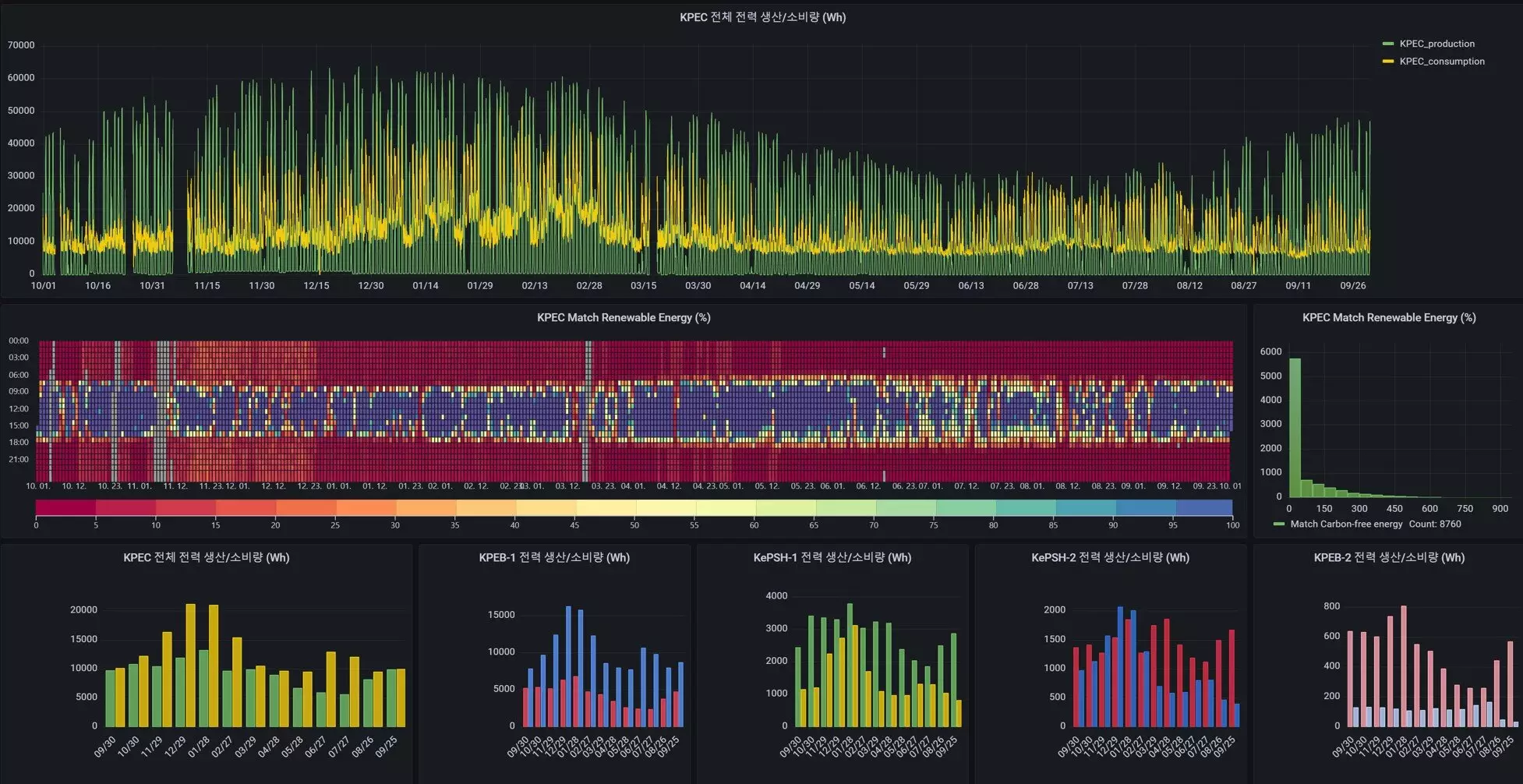The pressing need for sustainable urban environments has never been more critical than in today’s climate-conscious world. As urban areas continue to expand, the challenge of providing reliable energy while minimizing fossil fuel dependence intensifies. A groundbreaking research initiative led by the Korea Institute of Energy Research (KIER) has introduced innovative artificial intelligence (AI) technologies aimed at realizing the concept of “Urban Electrification,” a paradigm shift towards energy sustainability in cities. This initiative, detailed in a recent publication in Sustainable Cities and Society, marks a significant step in aligning urban energy systems with renewable energy goals.
Urban electrification emphasizes the urgent transition from fossil fuels to renewable energy sources, integrating technologies like building-integrated solar power. While concepts of urban electrification may still be in their infancy in South Korea, they are gaining traction as a crucial strategy in the United States and Europe, especially in the quest for carbon neutrality. These regions are pushing forward with necessary infrastructural upgrades to meet energy demand sustainably, and similar paths need to be explored globally.
Historically, cities have relied heavily on fossil fuels to maintain steady electricity supply, easily adjustable to demand. However, the shift towards electrification introduces a host of challenges. A primary concern is the reliance on renewable energy sources, which are inherently variable due to environmental factors such as weather fluctuations. Unlike traditional energy models that can respond dynamically, electrified cities face an increased risk of mismatches between energy supply and actual consumption across various buildings.
Moreover, the stability of the power grid can be jeopardized by Low-Probability High-Impact Events (LPHI), such as extreme weather conditions that dramatically escalate energy needs while simultaneously limiting energy production. These unpredictable occurrences, which may strike only a handful of times each year, pose a severe threat to urban power stability and could result in catastrophic service blackouts if not managed effectively.
In response to these pressing issues, the research team at KIER has crafted an advanced energy management algorithm that utilizes AI to analyze consumption and production patterns. This pivotal technological innovation evaluates a spectrum of variables—ranging from weather conditions to human behavior—in order to forecast and manage the energy needs of urban settings. The insights gathered from this analysis allow for proactive adjustments in energy distribution, ultimately stabilizing power grid operations.
The implementation of this algorithm has yielded promising results, achieving an 18% reduction in electricity costs compared to conventional energy management methods. This achievement not only signals cost efficiency but also lays the groundwork for a more resilient urban power infrastructure. The team’s analysis illuminated a stark reality: although Low-Probability High-Impact Events represent only 0.5% of the time during a year, their repercussions on energy grid stability and operational costs are disproportionately high.
The effectiveness of this AI-driven energy management system has been demonstrated in a real-world community-scale environment simulating urban electrification. Results were striking—achieving a 38% energy self-sufficiency rate and a 58% self-consumption rate, a massive leap from the mere 20% and 30% of self-sufficiency and consumption seen in buildings lacking such technologies.
This radical improvement in energy metrics, combined with an 18% cost reduction in electricity dependency, underscores the viability of the technologies designed by KIER. The application in a practical setting enhances the credibility and potential for wide-scale implementation in varied urban environments, showcasing a resilient system that not only meets daily energy demands but also effectively addresses the unforeseen challenges posed by LPHIs.
As cities around the globe wrestle with the implications of climate change and resource scarcity, the research conducted by KIER highlights a possible pathway forward. The integration of AI in energy management offers a compelling model for urban electrification that could lead to sustainable, reliable, and economically viable urban energy systems.
The journey toward truly electrified urban landscapes is complex; however, initiatives like this provide critical insights and tangible solutions that can help guide and inspire future efforts in energy sustainability. By embracing such technologies, cities can not only satisfy present energy needs but also create resilient infrastructures capable of withstanding the unpredictable challenges of the future. The implications of this research extend beyond cost savings; they are about redefining how cities can evolve to be more sustainable as they look toward a greener tomorrow.


Leave a Reply